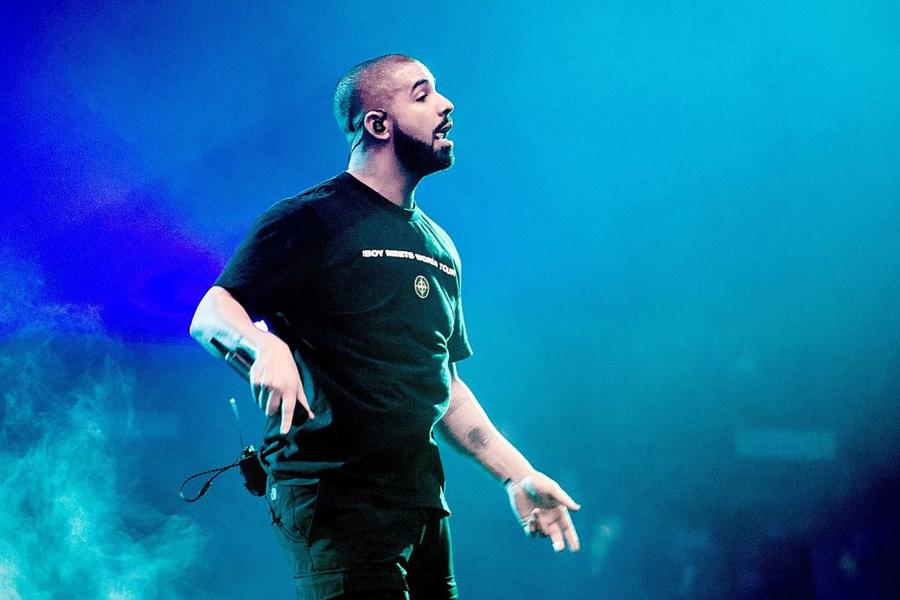Back in October 2012, Pandora CEO Tim Westergren wrote a blog post to address the overwhelming criticism his company had been receiving from artists. Dozens of high-profile musicians led by Radiohead's Thom Yorke and Pink Floyd's Roger Waters, David Gilmour and Nick Mason, made it clear in a series of interviews that they were extremely unsatisfied with the amount of money they were making off Westergren's music streaming service. Westergren's blog post pointed out that (at the time) Pandora was on track to pay 2000 artists more than $10,000 per year, and 800 artists more than $50,000. He also included a few examples of how much actual artists were making per year. Here are some of the higher profile examples he sited:
- Lil Wayne – $3 million
- Drake – $3 million
- Coldplay – $1 million
- Adele – $1 million
- Wiz Khalifa – $1 million
- Jason Aldean – $1 million
- Rascal Flatts – $670 thousand
- Ellie Goulding – $609 thousand
- Zac Brown Band – $547 thousand
- French Montana – $138 thousand

FERDY DAMMAN/AFP/Getty Images
Westergren's critics have pointed that his report is slightly misleading because these numbers may not be exactly what the artists end up taking home. These numbers are true if the artist owns 100% of their copyrights, which is very very rare. What's more likely is that their label owns 50%, so the actual amount each musician takes home is likely closer to half of what you see above. Before taxes. To make matters worse, most songs are co-written by several songwriters. So that 50% would be split among 2-3 or more people. Still not bad if you're one of the highest earners, but maybe not so sweet for everyone else.
How Much Money Would You Earn Off 160 Million Pandora Streams?
In this month's issue of Wired.com, singer/songwriter Aloe Blacc wrote an editorial titled "Streaming Services Need to Pay Songwriters Fairly". In the article, Aloe describes the royalties artists earn on streaming services as "abhorrently low". He then goes on to give a personal example.
Aloe Blacc is the co-writer and lead singer on Avicii's hit song "Wake Me Up". If you somehow haven't heard this song, you've probably been a coma for the last year. You were probably praying for someone to wake you up (get it?).
That song is the number one most streamed song in the history of Spotify with 298 million streams as of this writing. #2 is "Radioactive" by Imagine Dragons (273 million). #3 is "Can't Hold Us" by Macklemore and Ryan Lewis (255 million).
Spotify currently pays artists $0.007 per stream, which equates to roughly $2.1 million for "Wake Me Up". Spotify pays more than Pandora because it gives users the option to store songs to play them on demand. Aloe's 1/3 share of those royalties work out to around $700,000. I guess that's not terrible. It's still way less than I would expect considering this is he #1 most streamed song in the history of the entire service.
It's Pandora that Aloe has a real problem with. "Wake Me Up" is the 13th most played song of all time on Pandora. Pandora pays a flat rate of $90 per 1 million streams. Since the song was released on Pandora in June 2013, it has been streamed 168 million times. According to Mr. Black, "Wake Me Up" has "yielded only $12,359 in Pandora domestic royalties— which were then split among three songwriters and our publishers. In return for co-writing a major hit song, I've earned less than $4,000 domestically from the largest digital music service."
$12,359 in total domestic royalties for a song that was streamed 168 million times. $4000 for being the co-writer of that incredibly popular song. Now I see why Aloe Blacc is pissed. It's especially infuriating when you compare that number to what could have been generated a little over a decade ago. For example, take Limp Bizkit's 2001 release "Chocolate Starfish and the Hot Dog Flavored Water". That album was released in October of 2000 and quickly became the fastest selling rock album of all time selling one million copies in the first week, 400,000 on the first day (I was one of those people). This album eventually sold over six million copies, which at an average sales price of $18 equates to $108 million in revenue for the band and their record company. That's an exponentially larger pot of gold to split up among all the rights holders. This is why Fred Durst is still worth $20 million, despite being mercifully forced into retirement many years ago.
In his editorial, Aloe Blacc is quick to point out that services like Pandora are doing wonders to help people hear and discover new music. He also is well aware that this exposure is leading to better concert ticket sales and merchandise, which is where all the money is made in music today. For example, Beyonce makes negligible amounts of money every year from royalties, but that didn't stop her from earning over $100 million last year playing 95 shows. Pink made $50 million last year, almost all of which came thanks to the 85 live shows she played.
So aspiring musicians, don't fear. There is still tons of money to be made in the music business. It just probably wont come in the form of a royalty any time soon. Or as Lorde would say: "You'll never make money off Royal(ties)"…





















